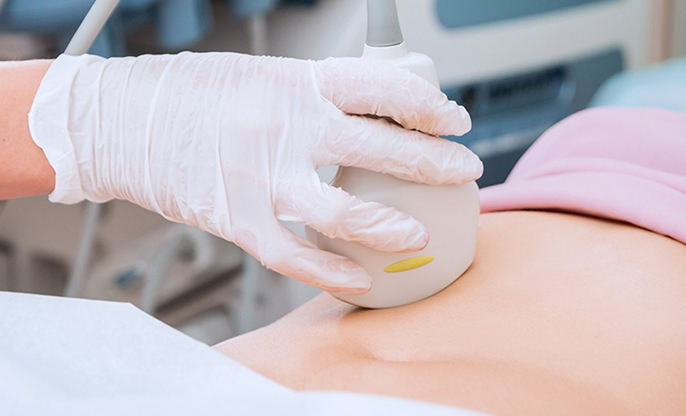
In this article you will learn about:
Ultrasound during pregnancy
Making an Informed Decision With Ultrasound
Having an ultrasound during your pregnancy is an exciting part of the journey that allows you to get a glimpse of your little one before birth. Although ultrasound technology has come a long way since its invention, it is important to understand the history and development of this procedure to make an informed decision about its use during pregnancy.
History of ultrasound:
Ultrasound technology was first developed to detect tumors and lesions in the brain. It was in 1958 that the first fetal ultrasound scan was taken. Over the following decades, advancements have been made in this technique, including 3D and 4D imaging that provides high-quality visuals of the fetus. Ultrasounds use sound waves to take pictures of the fetus, so they do not use radiation. The sound waves are not loud enough to harm the baby or you.
Safety guidelines:
As time has passed, safety guidelines around this procedure have been established. It is now commonplace for medical professionals to take proactive steps to ensure that any ultrasound procedures are safe for both mother and baby—a reassuring thought for any expecting mother.
Only a few ultrasounds are suggested for an uncomplicated pregnancy, and should not exceed one per trimester.
They should be used judiciously and only when medically necessary. This is so that any potential risk to the mother and baby is minimized while allowing physicians to gather the information they need for diagnosis and care.
Ultrasounds can be used for various purposes, including diagnosing possible medical conditions in the baby, monitoring growth and development, determining the viability of multiples, and checking the baby’s position in the later stages of pregnancy.
An experienced sonographer should perform all ultrasounds.
An accurate explanation of the procedure should be given.
An official report should be given after the ultrasound is complete.
Ultrasounds can help track your baby’s development, check for congenital disabilities, and monitor your health during pregnancy. Sometimes, it can even provide peace of mind if you feel like something doesn’t seem quite right. Most importantly, it gives you a chance to see your developing baby.
Regardless, take the time to weigh up the pros and cons of having an ultrasound. While it may be tempting to have one just because you want a better look at your baby’s progress, research shows that there may be an increased risk of autism in children when multiple scans are performed during pregnancy.
Be sure to consider all possible outcomes before deciding whether or not to have an ultrasound during pregnancy.







